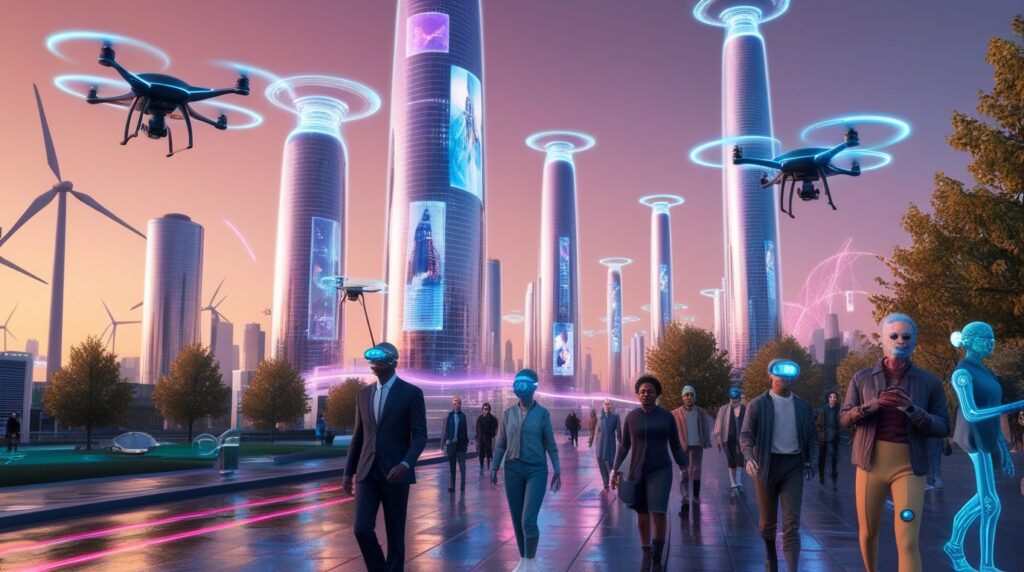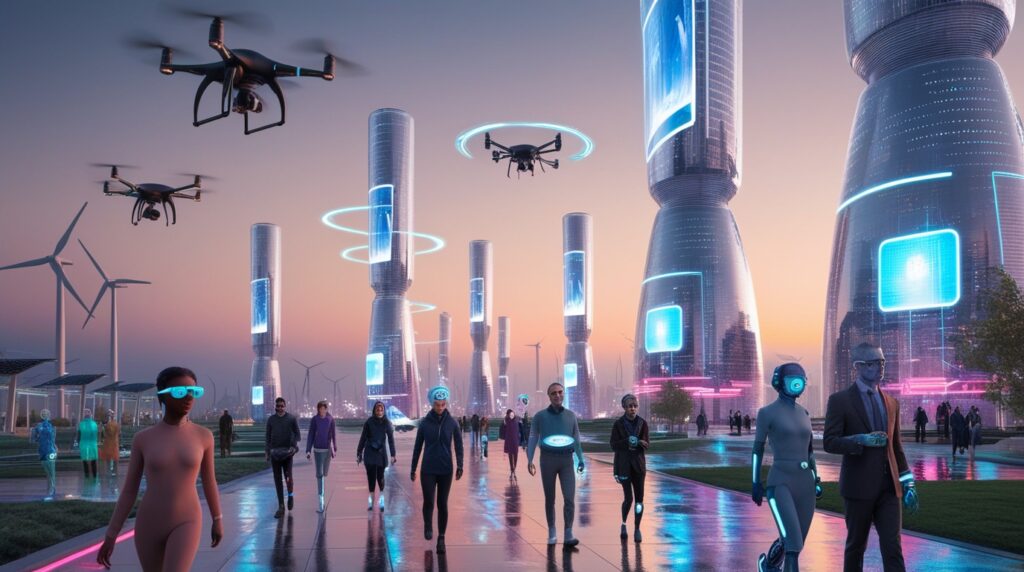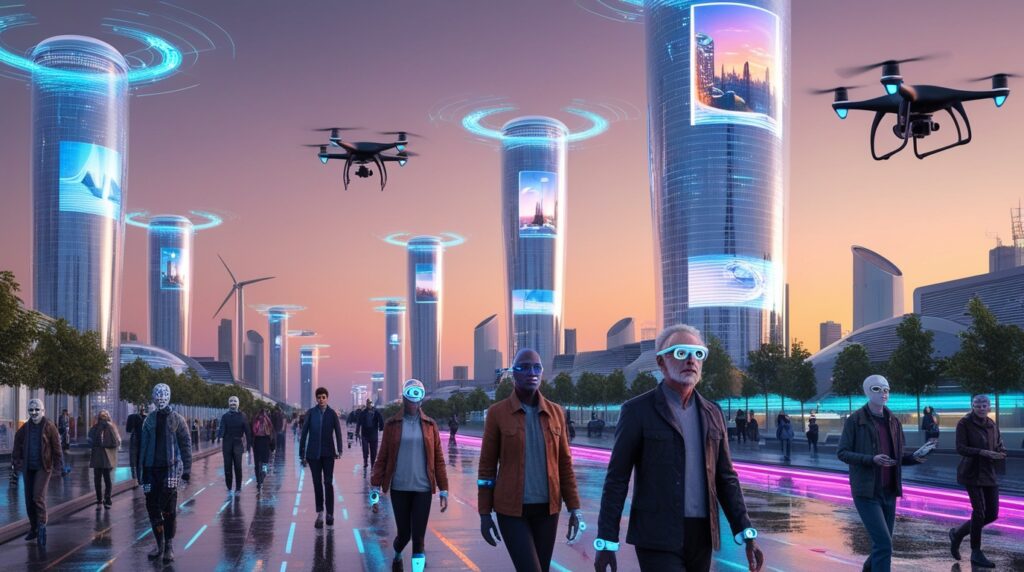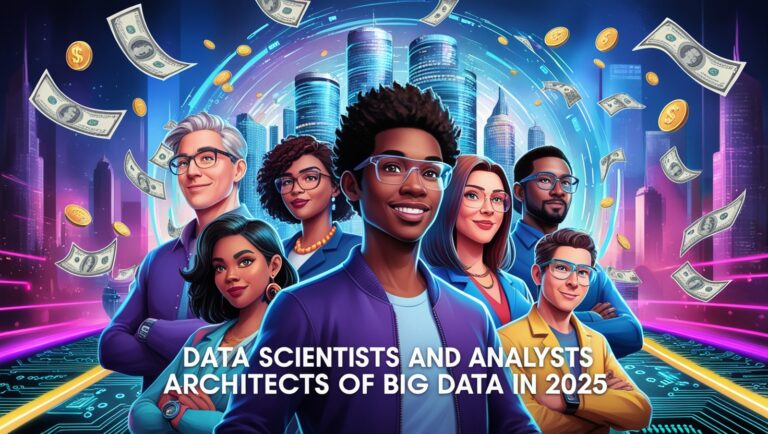
Digital technology has revolutionized every aspect of human life, transforming how we communicate, work, learn, and entertain ourselves. From the ubiquity of smartphones to the rise of artificial intelligence (AI) and blockchain, digital technology has become the backbone of the global economy and an integral part of daily life. Below, we explore the profound impacts of digital technology across various domains.
- Communication Revolution
Digital technology has redefined communication. Instant messaging, social media platforms, and video conferencing tools have enabled real-time global interaction. This connectivity has brought people closer, fostering collaboration and cultural exchange. However, it has also given rise to challenges like misinformation and reduced privacy.
- Education and Learning
Education has undergone a significant transformation due to digital technology. Online learning platforms, such as Coursera and Khan Academy, provide access to quality education for learners worldwide. Tools like virtual reality (VR) and gamification enhance the learning experience. On the flip side, the digital divide still hinders equitable access to technology for all.

- Business and Economy
Digital technology has reshaped the business landscape. E-commerce platforms like Amazon and Alibaba have revolutionized retail, while digital payment systems have simplified transactions. AI and data analytics are driving decision-making processes, improving efficiency and customer satisfaction. Despite these advancements, issues such as cybersecurity threats and job displacement due to automation persist.
- Healthcare Transformation
The healthcare sector has seen groundbreaking advancements due to digital technology. Telemedicine, wearable devices, and AI-powered diagnostic tools have improved access to and quality of healthcare services. Electronic Health Records (EHRs) ensure better patient data management. However, ethical concerns and data privacy issues remain challenges.
- Entertainment and Media
The entertainment industry has embraced digital transformation with streaming platforms, online gaming, and digital content creation. Technologies like augmented reality (AR) and AI-generated art are pushing creative boundaries. Nevertheless, the overconsumption of digital media raises concerns about mental health and screen addiction.
- Environmental Impact
Digital technology contributes to both environmental sustainability and challenges. Smart technologies optimize energy use and reduce waste, but the energy consumption of data centers and electronic waste poses significant ecological issues. Innovations in green computing aim to address these challenges.
- Social Implications
While digital technology fosters global connections, it has also influenced societal norms and behaviors. Social media has amplified voices and mobilized movements but has also contributed to cyberbullying and echo chambers. Striking a balance between freedom of expression and responsible usage is crucial.
Future Prospects
Looking ahead, the integration of emerging technologies like quantum computing, AI, and blockchain promises to drive further innovation. Ethical considerations, inclusive development, and sustainable practices will be vital in shaping a future where digital technology benefits humanity without exacerbating existing inequalities.

Conclusion
Digital technology is a double-edged sword, offering unparalleled opportunities while presenting complex challenges. Its transformative potential can empower individuals, communities, and industries, provided its adoption is guided by ethical and inclusive principles.






